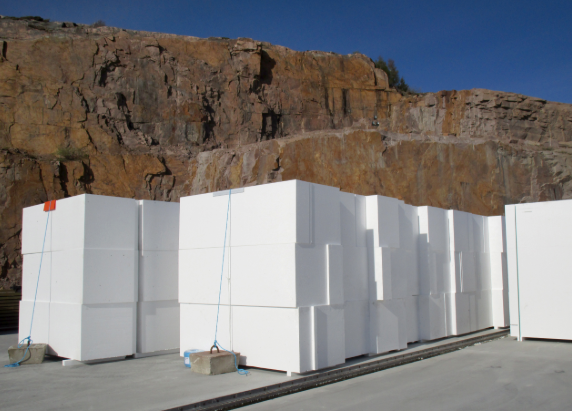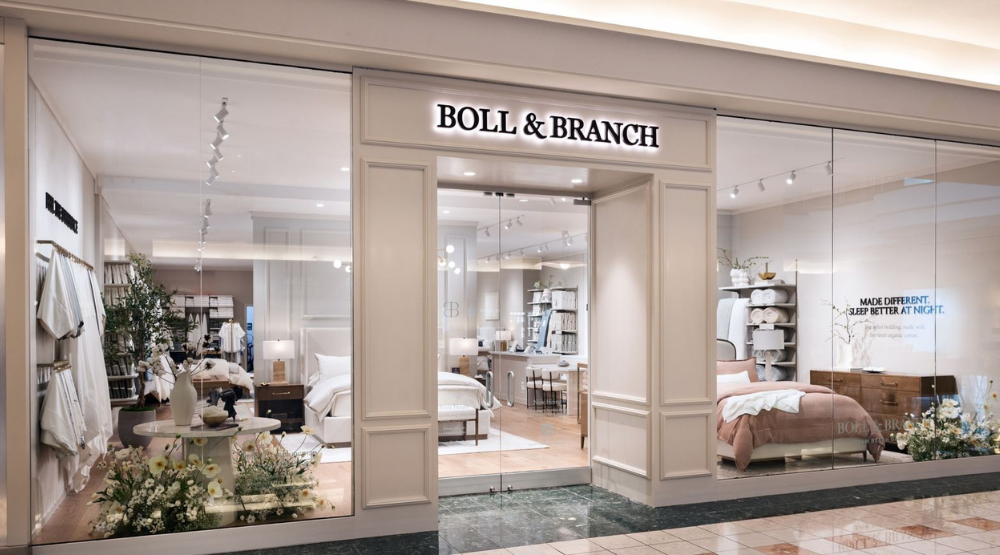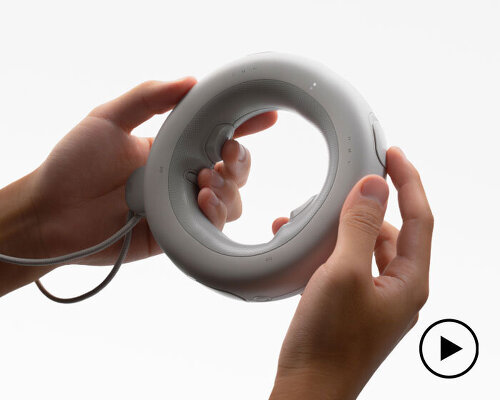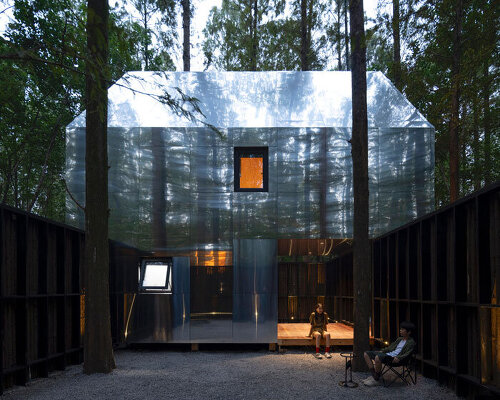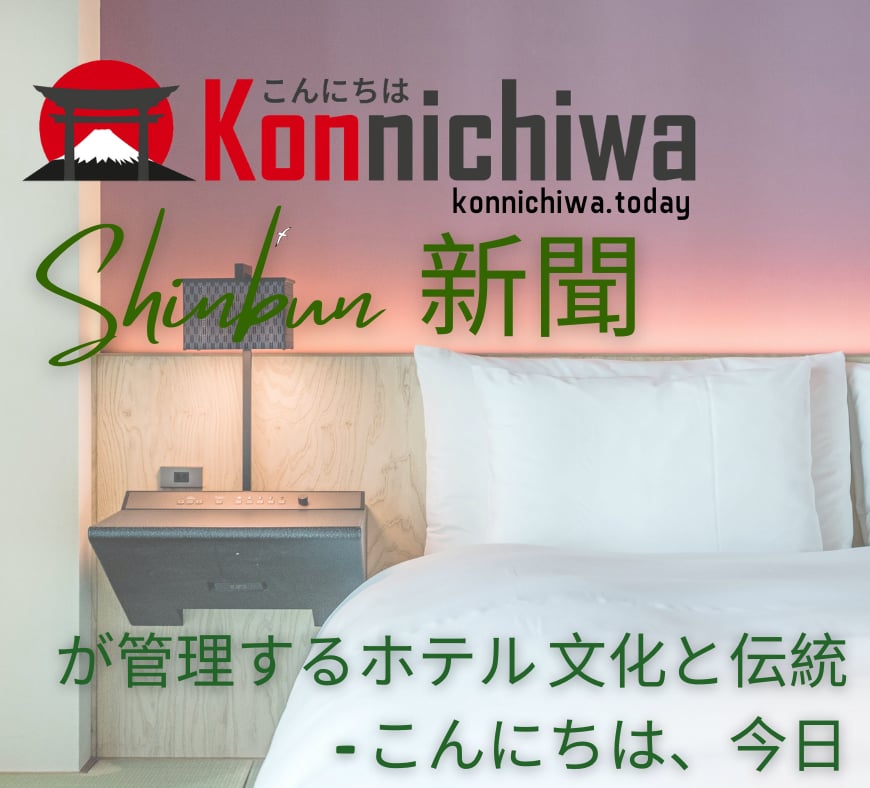Trump delays China tariff hike as inflation ticks higher

WASHINGTON — President Donald Trump has extended the suspension of higher tariffs on Chinese imports for another 90 days, keeping the U.S. levy at 30%, while China agreed to keep its rate at 10%.
The decision, announced Monday, comes as fresh inflation data shows prices ticking up for some consumer goods.
The tariffs were originally set to snap back to April levels, when the U.S. levied 145% duties on Chinese goods and China retaliated with 125% on U.S. exports, but Trump signed an executive order hours before the deadline to extend the pause until mid-November.
See also:
- 2025 import cargo levels projected to sink as tariffs soar
- GigaCloud execs talk tariffs, pricing as company posts Q2 growth
The latest executive order stated that the suspension of certain country-specific tariffs on goods from China will continue until Nov. 10. Citing “large and persistent annual U.S. goods trade deficits” as an “unusual and extraordinary threat to the national security and economy of the United States,” the order extends the 90-day pause first implemented in May, following negotiations with Beijing over what the president has called a lack of trade reciprocity.
The extension follows the latest round of U.S.-China trade talks in Stockholm in late July. Both nations first agreed to scale back tariffs in May after meeting in Geneva, with U.S. duties dropping to 30% and China’s to 10%.
The decision underscores the unpredictability of the administration’s tariff strategy, which has left, particularly importers and exporters, having to adapt to sudden changes in rates and timelines, creating uncertainty in supply chains and pricing strategies.
Meanwhile, new data from the Labor Department, reported by USA Today, shows that the tariffs already in place are starting to ripple through some consumer prices.
Overall inflation remained steady in July, rising 2.7% from a year earlier, the same as in June, but core inflation — which excludes volatile food and energy prices — climbed 0.3% from June, marking the fastest monthly pace in six months. On an annual basis, core inflation rose to 3.1%, the highest since February.
Goods more likely to be affected by tariffs saw mixed price changes. Furniture prices rose 0.9% from June, one of the sharpest monthly increases among tracked categories. Video and audio products climbed 0.8%, while apparel was up just 0.1% and toys rose 0.2%.
It remains to be seen if the inflation numbers will prevent the Federal Reserve from cutting interest rates next month.
For now, the extended tariff pause gives businesses a temporary reprieve, although the White House has not ruled out resuming higher rates if talks with Beijing stall. The president has said he is prepared to raise tariffs again if China fails to meet U.S. demands on trade practices, technology transfers and market access.



